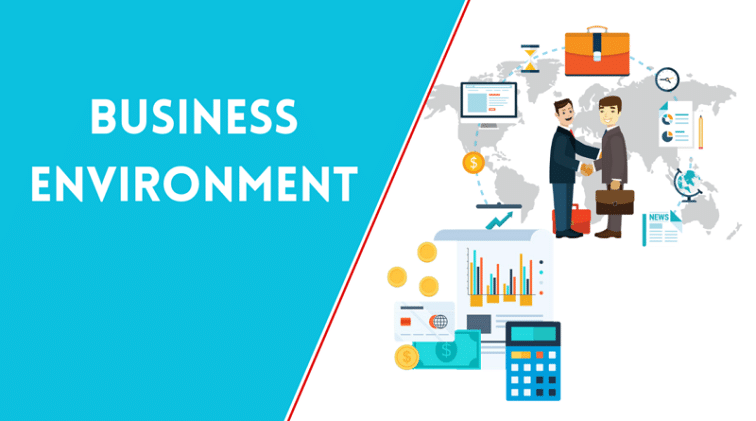What Does the Business Environment Need to Be Like?

The business environment plays a critical role in the success and growth of any organization. A conducive business environment fosters innovation, productivity, and overall economic growth. This article outlines the essential components of an ideal business environment, highlighting key factors that businesses need to thrive.
Key Components of an Ideal Business Environment
Stable Economic Conditions
A stable economy provides a solid foundation for businesses to operate effectively. Predictable economic conditions enable companies to plan for the future, invest in growth opportunities, and manage risks more efficiently. Key indicators of a stable economy include low inflation rates, steady GDP growth, and a balanced fiscal policy. Get Ultimate Information of sports guru pro, Also need sportsgurupro.com task offers stay informed.
Favorable Regulatory Framework
An efficient regulatory framework is essential for ensuring fair competition, protecting consumer rights, and maintaining market integrity. Regulations should be clear, transparent, and consistently enforced. Simplified compliance procedures can reduce the administrative burden on businesses and encourage entrepreneurship.
Access to Finance
The availability of financial resources is crucial for business expansion and innovation. A robust financial system that offers diverse funding options—such as loans, venture capital, and equity financing—enables businesses to access the capital needed for growth. Additionally, favorable interest rates and supportive banking policies can enhance access to finance.
Skilled Workforce
A skilled and adaptable workforce is a key driver of business success. Investment in education and vocational training programs ensures that the labor market is equipped with the necessary skills to meet industry demands. Collaboration between businesses and educational institutions can help align curricula with market needs, fostering a talent pool that is ready for employment.
Advanced Infrastructure
High-quality infrastructure, including transportation, communication, and energy systems, is fundamental for efficient business operations. Reliable infrastructure reduces operational costs, enhances supply chain efficiency, and improves access to markets. Government investment in infrastructure development can significantly boost business productivity.
Innovation and Technology
Embracing innovation and technology is essential for staying competitive in today’s fast-paced business landscape. A supportive environment for research and development (R&D), coupled with policies that encourage technological adoption, can drive innovation. Businesses should be encouraged to invest in new technologies and adopt digital transformation strategies to enhance their competitiveness.
Political Stability and Security
Political stability and a secure environment are crucial for attracting investment and fostering business confidence. A stable political climate reduces the risks associated with business operations and provides a predictable environment for long-term planning. Ensuring safety and security for businesses and their employees is also vital for maintaining productivity and morale.
Sustainable Practices
Incorporating sustainable practices into business operations is increasingly important for long-term success. Companies are expected to adopt environmentally friendly practices, reduce their carbon footprint, and contribute to social responsibility initiatives. Governments and regulatory bodies should encourage and incentivize sustainable business practices through policies and subsidies.
The Role of Government and Policy Makers
The way that governments and policymakers shape the business environment is crucial. By implementing supportive policies, investing in infrastructure, and ensuring a stable economic and political climate, they can create conditions that are conducive to business growth and innovation. Collaboration between the public and private sectors is essential for addressing challenges and leveraging opportunities in the business environment.
Conclusion
Creating an ideal business environment requires a holistic approach that addresses economic, regulatory, financial, and social factors. By focusing on these key components, businesses can thrive, innovate, and contribute to overall economic development. Stakeholders, including government, industry, and the workforce, must work together to build a supportive and dynamic business environment that fosters sustainable growth.



